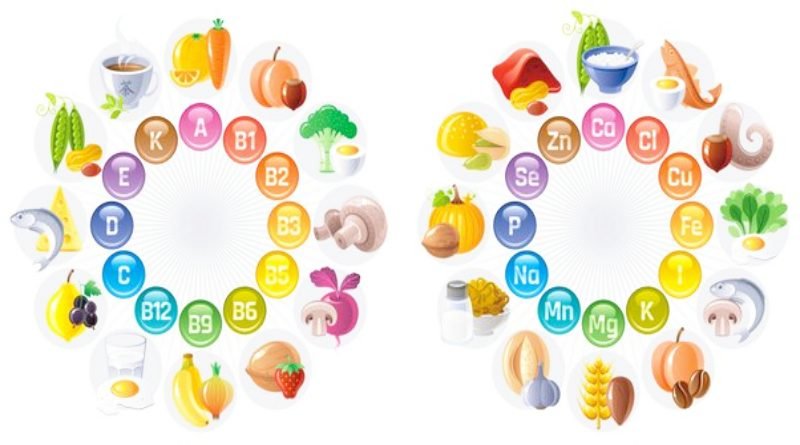Vitamins and Minerals: Essential Components for Seniors
Growing old can be challenging, with the body experiencing various changes impacting daily activities. For seniors, various health issues can arise, making it crucial to prioritize health and wellness.
One way to do this is by making sure seniors get the right vitamins and minerals they need. Vitamins and minerals are essential to keep the body in good shape; they provide the body with the necessary nutrients that aid in the management of various health conditions.
Along with the help of expert Eric Kim UBC, this blog will delve into the importance of vitamins and minerals for seniors and their benefits.
Vitamin D
As seniors age, they become more susceptible to bone diseases such as osteoporosis. Vitamin D is crucial in this regard, as it helps the body absorb calcium and strengthen bones.
Vitamin D is also essential in supporting the immune system, promoting healthy brain function, and reducing the risk of some cancers.
Calcium
Calcium is essential for bone health and can prevent osteoporosis, a condition common in seniors. Adequate calcium intake can prevent fractures resulting from falls, reducing the risk of complications associated with bone fractures, such as surgeries and long recovery periods. Calcium also supports muscle function, heart function, and nerve transmission.
Vitamin B12
Vitamin B12 is vital for nerve health and red blood cell production. Despite being present in animal products, many seniors suffer from vitamin B12 deficiency due to reduced stomach acid.
This deficiency can cause many problems, including reduced cognitive function, anemia, and fatigue. Therefore, seniors should consider eating more meat, fish, eggs, or dairy products or taking a supplement as directed by their doctor.
Iron
Iron is an essential mineral that is crucial in maintaining good health throughout our lives. It is especially important for seniors at risk of developing anemia, leading to fatigue, weakness, and other health problems.
Iron is a key component of hemoglobin, a protein in red blood cells that carries oxygen from the lungs to the rest of the body. While iron supplements are available, it’s important to get most of our iron from natural sources like meat, fish, poultry, beans, and leafy vegetables to help avoid overloading the body with too much iron.
Zinc
Zinc plays a key role in immune function, wound healing, and supporting healthy skin, hair, and nails. It also helps with cognitive function and maintaining a healthy sense of taste and smell.
Seniors deficient in zinc may experience difficulties with their immune systems and have difficulty healing wounds, amongst other potential issues. To ensure happy aging, we must incorporate zinc-rich foods into our diets or take zinc supplements.
Magnesium
Studies have found that magnesium deficiency may be linked to inflammation, heart disease, stress, and anxiety. Supplements may be necessary because of the difficulty of absorbing magnesium from food sources. However, it’s essential to note that magnesium supplements should only be taken as prescribed by a doctor.
Potassium
Potassium is vital for keeping the heart healthy, and many seniors lack it in their diets. The potassium levels can be raised by eating bananas, apricots, oranges, prunes, and raisins. If seniors have any kidney problems, they should always consult their doctors before taking supplements.
Final Thoughts
As we age, our bodies’ nutritional needs change, making it important to prioritize healthy eating habits to avoid complications. According to Eric Kim, UBC, seniors need vitamins and minerals in varying quantities to maintain optimal health.
Maintaining a balanced diet with foods rich in essential vitamins and minerals is crucial to prevent various health issues. Work with a healthcare provider or a nutritionist to develop a dietary plan catered to individual needs.
Seniors can maintain optimal health, manage chronic conditions, and lead fulfilling lives with adequate vitamin and mineral intake.
Also visit Digital Global Times for more quality informative content.

